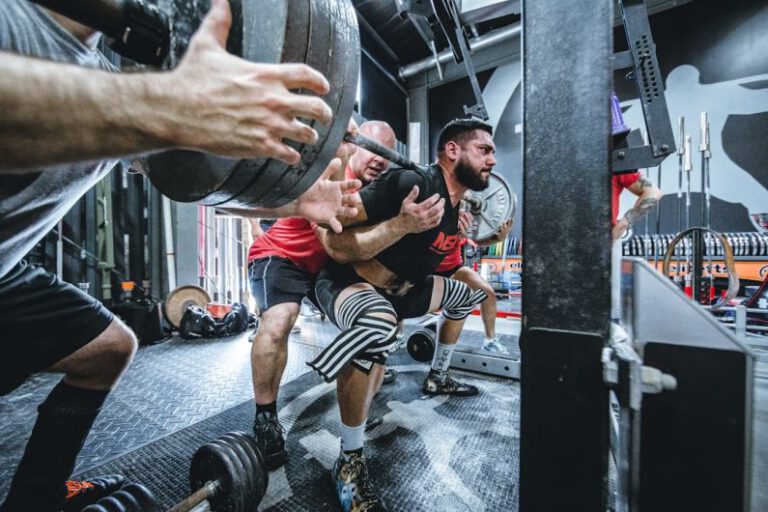Setting Realistic Strength Training Goals
Embarking on a strength training journey can be an exhilarating experience, filled with the promise of newfound strength, muscle gains, and improved health. However, the key to success lies in setting realistic strength training goals that are both challenging and achievable. In this article, we will explore the importance of setting realistic goals in your strength training journey and provide practical tips on how to do so effectively.
Understanding the Importance of Realistic Goals
Setting realistic strength training goals is crucial for several reasons. Firstly, realistic goals help you stay motivated and focused throughout your training. When your goals are attainable, you are more likely to stay committed to your workout routine and push through challenges.
Secondly, setting realistic goals helps prevent burnout and injury. If you set overly ambitious goals that are beyond your current capabilities, you may end up pushing yourself too hard, leading to burnout or injury. By setting achievable goals, you can progress at a sustainable pace and minimize the risk of overtraining.
Finally, realistic goals allow you to track your progress effectively. When your goals are specific and attainable, you can easily measure your progress and make adjustments to your training program as needed. This feedback loop is essential for continuous improvement and long-term success in strength training.
Tips for Setting Realistic Strength Training Goals
1. Assess Your Current Fitness Level
Before setting any goals, it’s important to assess your current fitness level accurately. This includes evaluating your strength, endurance, flexibility, and overall physical health. By understanding where you are starting from, you can set realistic goals that are challenging yet achievable based on your current abilities.
2. Define Specific and Measurable Goals
When setting strength training goals, it’s essential to be specific and measurable. Instead of vague goals like “get stronger,” aim for specific targets such as increasing your squat 1-rep max by 10%, or performing 10 pull-ups in a row. This clarity will help you track your progress accurately and stay motivated as you work towards your goals.
3. Set Short-Term and Long-Term Goals
Breaking down your strength training goals into short-term and long-term objectives can make them more manageable and achievable. Short-term goals can help you stay motivated in the present, while long-term goals provide a roadmap for your overall progress. Make sure your short-term goals align with your long-term aspirations to ensure consistency in your training.
4. Consider Your Lifestyle and Commitments
When setting strength training goals, it’s essential to consider your lifestyle, commitments, and time constraints. Be realistic about how much time you can dedicate to training each week and factor in other responsibilities such as work, family, and social activities. Setting goals that align with your lifestyle will increase the likelihood of success and sustainability in the long run.
5. Embrace the Process and Celebrate Small Wins
Strength training is a journey that requires patience, consistency, and dedication. Embrace the process and focus on making incremental progress each day. Celebrate small wins along the way, such as adding an extra rep to your sets or lifting slightly heavier weights. These small victories will keep you motivated and inspired to continue pushing towards your ultimate goals.
Setting Realistic Strength Training Goals: Key Takeaways
Setting realistic strength training goals is essential for long-term success in your fitness journey. By understanding the importance of realistic goals, assessing your current fitness level, defining specific objectives, setting short-term and long-term goals, considering your lifestyle, and embracing the process, you can create a roadmap for achieving your strength training aspirations. Remember, progress takes time, so stay committed, stay focused, and celebrate every step closer to your goals.






